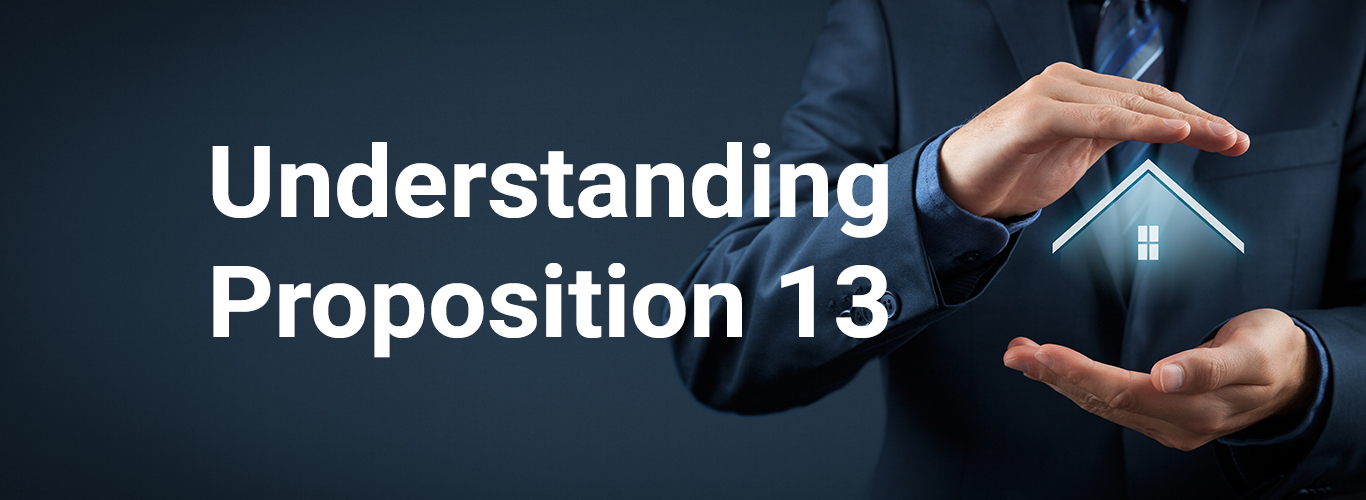Proposition 13 requires reassessment of real property upon change in ownership or new construction.
Until 1983, reassessments were enrolled once each year on the Lien Date (presently January 1). Any tax increase resulting from the reassessment used to be effective on the July 1 following the Lien Date. The increased amount would be part of the regular annual tax bill.
On July 1, 1983, Senate Bill 813 amended the California Revenue & Taxation Code to create "Supplemental Assessments." Under this law, reassessments are effective the first day of the month following the date of change in ownership or completion of new construction.
Supplemental assessments create tax bills which are "in addition" to the normal annual property tax bill sent to each property owner. Depending on the date of a supplemental event, one, two, or more supplemental tax bills will be created.
Whenever there is a reappraisal due to a Change in Ownership ![]() click here for form or to the completion of new construction, a Supplemental Assessment is issued. The supplemental tax bill will be based on the difference between the prior value and the new reappraisal. This value is prorated for the number of months remaining in the fiscal year ending regular tax bill. Usually, it is not prorated in escrow during purchase, nor is it paid by the lender through an impound account. Prior to the issuance of the supplemental tax bill, a notice of supplemental assessment will be mailed to the owner at the address of record. The owner has the right to file an application appealing the value or the reappraisal decision within 60 days of the date of the notice.
click here for form or to the completion of new construction, a Supplemental Assessment is issued. The supplemental tax bill will be based on the difference between the prior value and the new reappraisal. This value is prorated for the number of months remaining in the fiscal year ending regular tax bill. Usually, it is not prorated in escrow during purchase, nor is it paid by the lender through an impound account. Prior to the issuance of the supplemental tax bill, a notice of supplemental assessment will be mailed to the owner at the address of record. The owner has the right to file an application appealing the value or the reappraisal decision within 60 days of the date of the notice.



